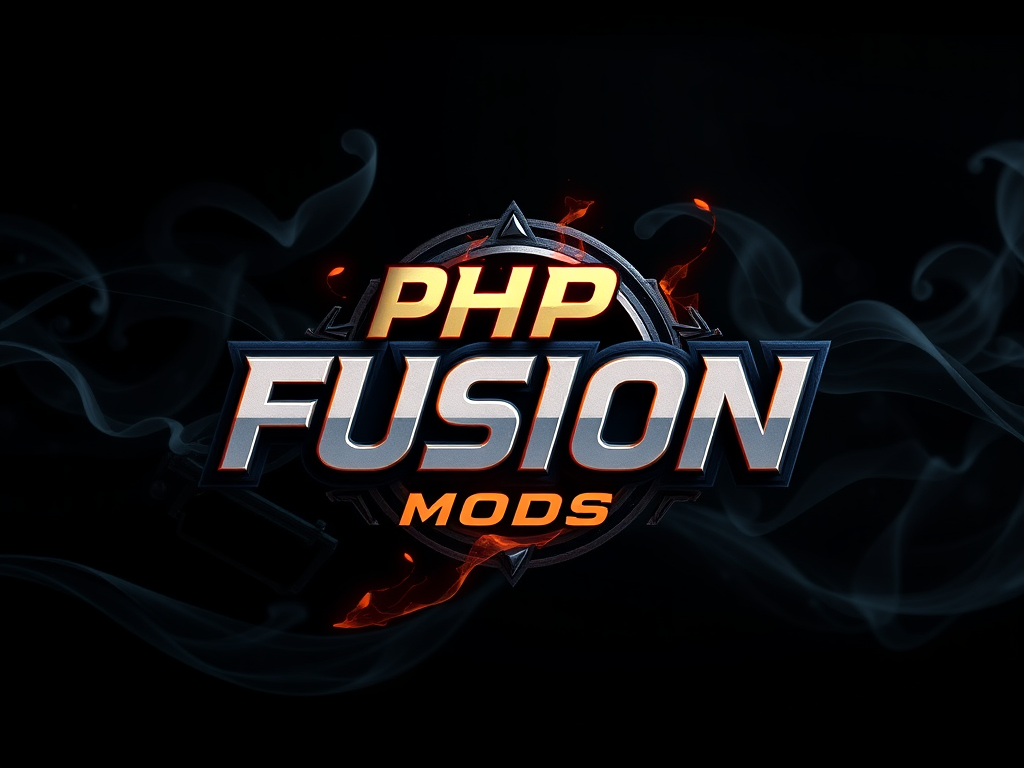Artificial intelligence reshapes SEO by automating data optimization and enhancing search rankings with precision. AI-powered tools, like SEO.AI, streamline product feed management and keyword research, freeing marketers from manual tasks while targeting customer intent effectively. Harnessing this technology unlocks powerful insights and scalable strategies, driving higher organic traffic and boosting blog and e-commerce success without requiring advanced technical skills.
How AI is Revolutionizing SEO: Tools, Strategies, and Practical Insights
You can view more details on this page: https://www.marblism.com/ai-employees/penny.
In the same genre : What Emerging Trends Are Shaping the Future of Marketing in the UK Computing Sector?
The SQuAD method reminds us to start with clear, direct answers. What is AI SEO? At its core, AI SEO refers to using artificial intelligence tools and techniques to automate, enhance, and expand every aspect of search engine optimization—from keyword research and content creation to technical checks and performance analytics. This matters more than ever in 2025, as Google integrates AI features like Overviews into search results and search engines increasingly reward content that matches real user intent. The growth of zero-click answers and AI-powered SEO algorithms pushes businesses and creators to adapt to new ranking factors and content formats that benefit from advanced automation.
In this dynamic landscape, a spectrum of AI SEO tools has emerged. Leaders like SEOpital, Semrush AI Toolkit, and Writesonic automate everything from keyword clustering to full-length, SEO-rich content generation. Dedicated AI blog writers, including https://www.marblism.com/ai-employees/penny, go a step further, mimicking a brand’s voice and learning from feedback to consistently produce content that attracts organic traffic, ranks for valuable keywords, and saves considerable time. These platforms leverage technologies like NLP, real-time competitive data, vector embeddings, and automated topic suggestions to tailor optimization for both humans and search algorithms.
This might interest you : Maximize your rental success with channel manager experts
For e-commerce, agencies, and content creators, the benefits are concrete. AI-driven tools eliminate repetitive manual work, fix data issues instantly, and systematically uncover ranking opportunities. Bulk optimization features allow teams to scale effortlessly even with thousands of product pages or blog posts. No coding expertise is required, opening access to high-level SEO for small firms and global brands alike. With AI content optimization, human experts can focus on strategy, creativity, and building trust—while routine auditing, outlining, and on-page improvements are handled in minutes.
The race to dominate SEO is no longer about who can write the most content—it’s about who can best leverage AI for precise, relevant, and scalable optimization.
Core Benefits and Real-World Use Cases of AI in SEO
AI content optimization leads to measurable gains in both compliance and visibility. E-commerce brands using ai driven seo can automate the enrichment of product feeds: missing, misconfigured, or outdated data attributes are flagged and refreshed in real time. This boosts Google Merchant Center compliance and enhances rankings in organic search, illustrating how ai website optimization delivers substantial organic reach with less manual effort.
SEO content writing tools and seo writing ai platforms accelerate production of blog posts, landing pages, and category collections. With ai seo content writing, product descriptions and collection texts are crafted under guided semantic analysis, ensuring the alignment of text with user intent and algorithmic priorities. Teams benefit as they deploy campaign-scale changes across hundreds or thousands of SKUs, all while maintaining consistent brand voice.
The shift to ai seo tools empowers agencies, global retailers, and freelancers to scale results. Real-world cases highlight increased organic traffic and steady sales for previously overlooked SKUs. Freelancers and agencies leverage automated keyword research and real-time analytics to supervise ongoing search improvements, confirming the ROI of AI-powered strategies for both small brands and enterprise operations.
Best Practices and Advanced Strategies for Integrating AI into Your SEO Workflow
Practical tips for leveraging AI in SEO: step-by-step content optimization and compliance strategies
Start by employing an ai seo optimization tutorial approach to methodically address on-page elements—titles, headers, and metadata—before advancing to internal linking and semantic keyword use. Utilize ai-based seo tools to identify and cluster search intents (cluster ai seo), optimize keyword density, and monitor gaps through real-time dashboards. Use a seo ai agent to automate repetitive content updates and compliance checks for Google’s quality standards. Periodically enrich web pages using chatgpt for content and seo to paraphrase, expand, or clarify FAQs and definitions, ensuring that wording remains unique and engaging.
Navigating Google’s AI-powered search enhancements and zero-click searches
Keep content modular and scannable for Google’s AI-powered features, adapting to zero-click outcomes. Employ semantic seo with dense keyword analysis, using ai seo optimization tutorial steps to map long-tail opportunities. Deploy cluster ai seo modeling to capture multi-intent queries and secure citation positions within generative AI summaries.
Ensuring trustworthiness: aligning AI-generated content with E-E-A-T and human editorial expertise
Audit content with ai-based seo tools and a dedicated seo ai agent to validate expertise, author bios, attribution, and consistency. Blend chatgpt for content and seo contributions with human oversight for credibility and accuracy, mapping each core section to E-E-A-T signals.
Emerging workflows: Relevance Engineering, multimodal content, and adapting to AI-driven search paradigms
Explore relevance engineering: tune passage-level topics with cluster ai seo, optimize text and visuals for multimodal search, and track performance using advanced ai seo optimization tutorial workflows. Build resilience by regularly evaluating your semantic seo outputs and retraining your seo ai agent as Google refines search paradigms.









Comments are closed